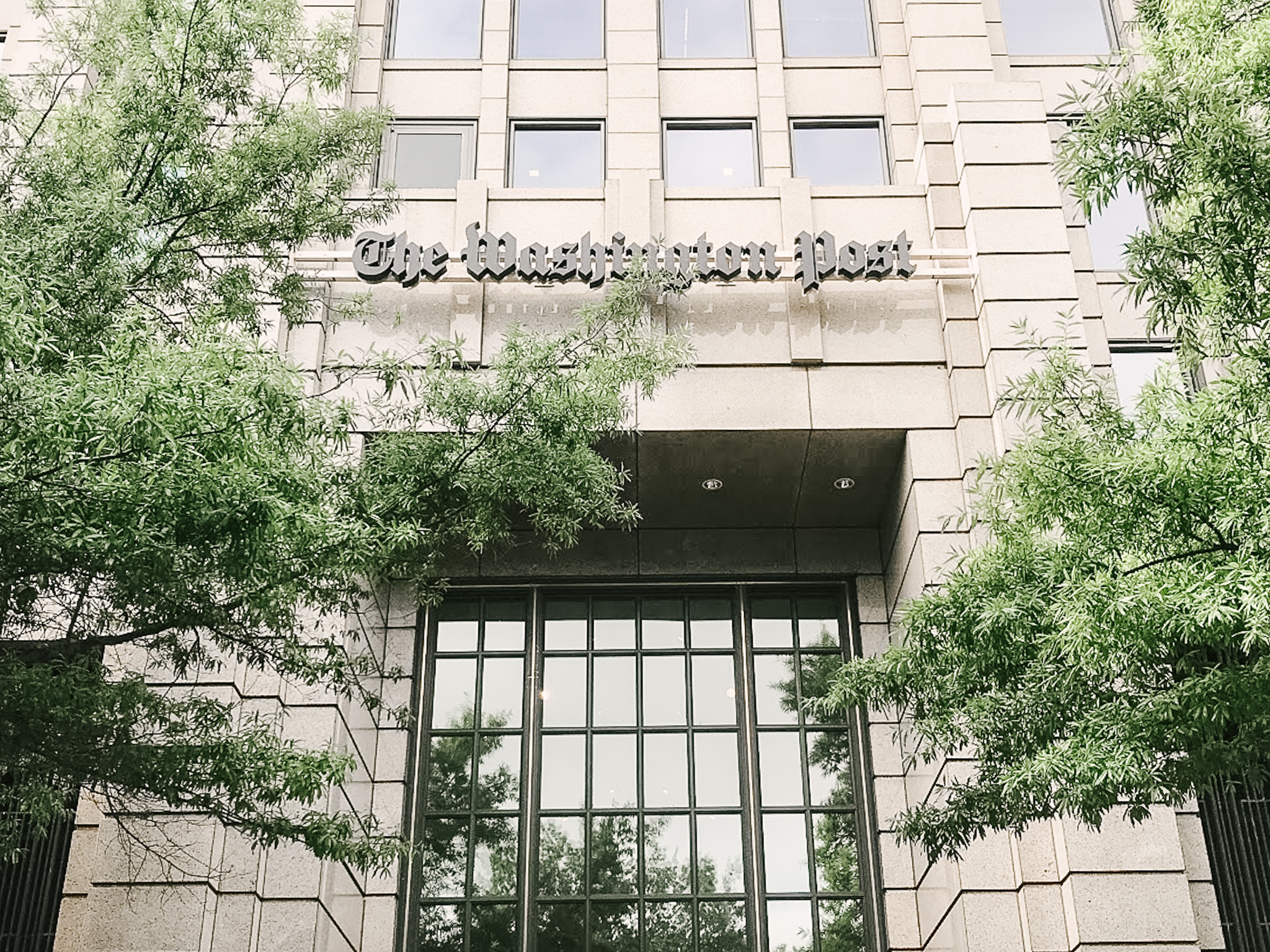Maryland political ad law violates First Amendment, coalition argues

A coalition of 17 media organizations, joined by the Reporters Committee for Freedom of the Press, is supporting arguments that a Maryland law regulating online political advertising violates the First Amendment.
Maryland’s Online Electioneering Transparency and Accountability Act was signed into law in 2019, prompted by concerns of online Russian interference related to the 2016 presidential election. The law requires anyone who publishes “political advertisements” online to keep intricate records of them and make detailed information about them publicly available within two days of their publication. Platforms that violate this law by hosting an ad without properly registering details about it would be subject to criminal penalties and injunctions without any notice, and would not be given an opportunity to object to them.
In a brief filed with the Fourth Circuit in support of a group of media organizations who have challenged the law, the media coalition argues that the state’s argument in support of the law is problematic for news organizations because it would diminish First Amendment protections for online speech.
“In a broader sense, the government is seeking to water down the level of First Amendment protection that applies to news organizations when they operate online,” explained Robert Corn-Revere, a partner at the law firm Davis Wright Tremaine who authored the brief.
The brief also notes the significant and adverse financial impact that the law will have on news organizations if they must comply with the disclosure requirements, noting that Google stopped accepting political advertisements in Maryland when the law went into effect.
“The Act would be especially devastating to local and regional newspapers,” the brief states, emphasizing the financial burden smaller news outlets would incur in order to simply comply with the advertising reporting requirements.
Allocating staff time and financial resources to reporting advertisements could directly take away from the amount of journalism that the news organization can produce, Reporters Committee Staff Attorney Caitlin Vogus said. If news outlets were required to disclose publication-specific advertising information, it could also potentially compromise their competitive edge in the local news market.
The coalition argues that the law is more expansive than the issue it aims to resolve and that imposing its requirements on publishers, in addition to political candidates, makes it a “content-based regulation” that’s therefore subject to “strict scrutiny,” a legal test that requires the government to prove that a law serves a compelling interest and is narrowly tailored to serve that interest. The strict scrutiny test is difficult to overcome, Corn-Revere said, so many constitutionally-challenged laws that are subject to it are struck down.
A Maryland district court temporarily stopped the state from enforcing the law after The Washington Post, joined by a number of other news outlets that publish in Maryland and the Maryland-Delaware-D.C. Press Association, challenged its constitutionality. The state appealed, and the case is now before the Fourth Circuit appellate court.
Seeking to uphold the statute, the state makes no distinction between news publishers and politicians subjected to the law — arguing that the law must go through “intermediate scrutiny,” a lesser standard of legal review than strict scrutiny. While the coalition asserts that strict scrutiny is the correct standard the court should employ, it also argues that the state has not shown that the law would survive even the intermediate scrutiny test.
“The [District] Court concluded the Act could not even satisfy intermediate scrutiny, as it is both over-inclusive and under-inclusive,” the brief states. “[Appellants and their amici] fail to cite any case where a court has applied intermediate scrutiny and upheld a law compelling the press or any other neutral third-party to make election-related disclosures.”
The Reporters Committee regularly files friend-of-the-court briefs and its attorneys represent journalists and news organizations pro bono in court cases that involve First Amendment freedoms, the newsgathering rights of journalists and access to public information. Stay up-to-date on our work by signing up for our monthly newsletter and following us on Twitter or Instagram.